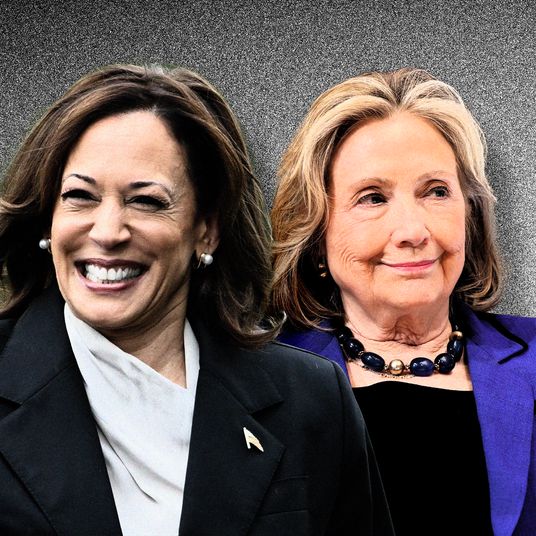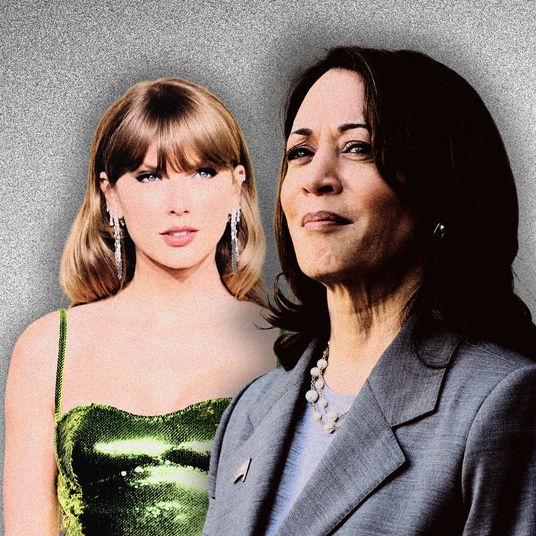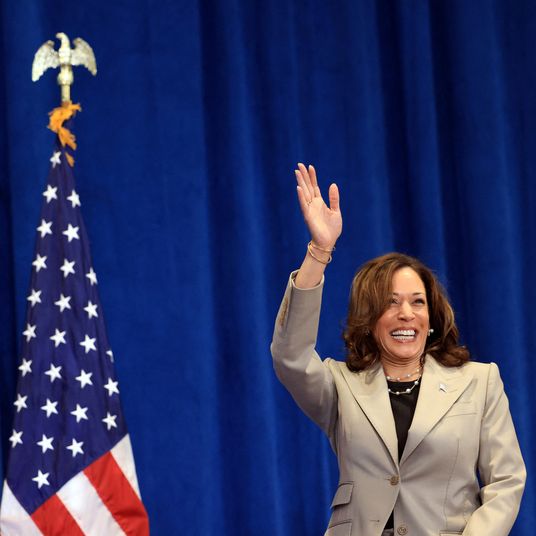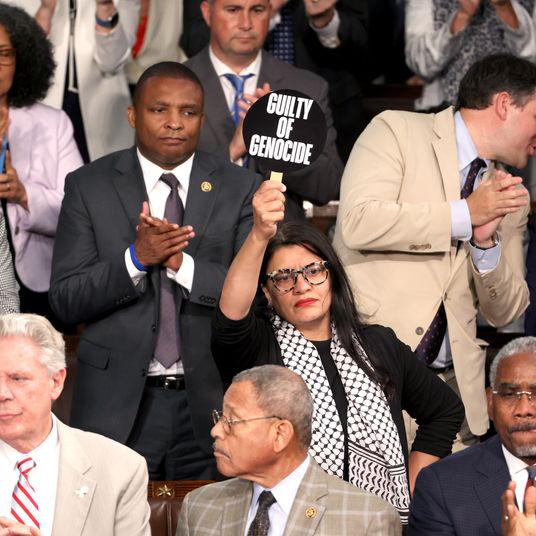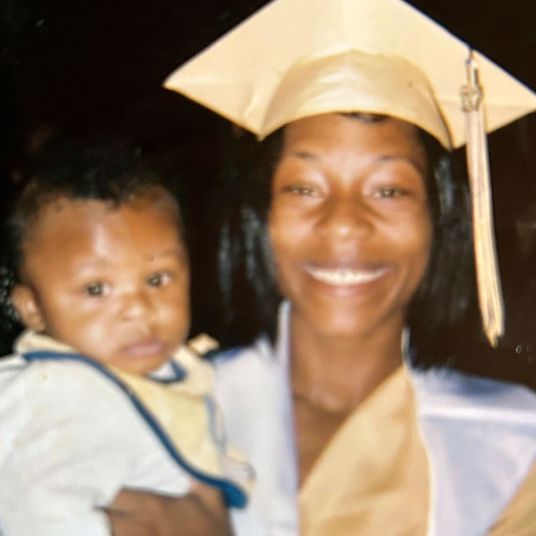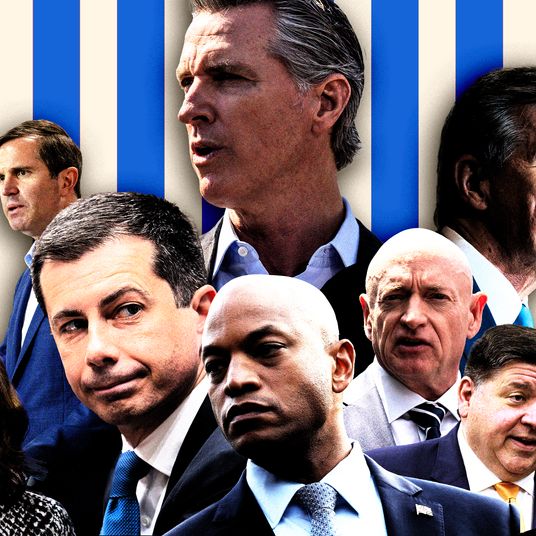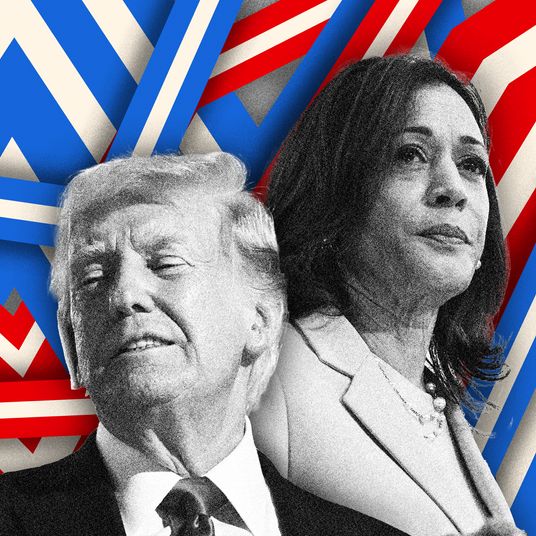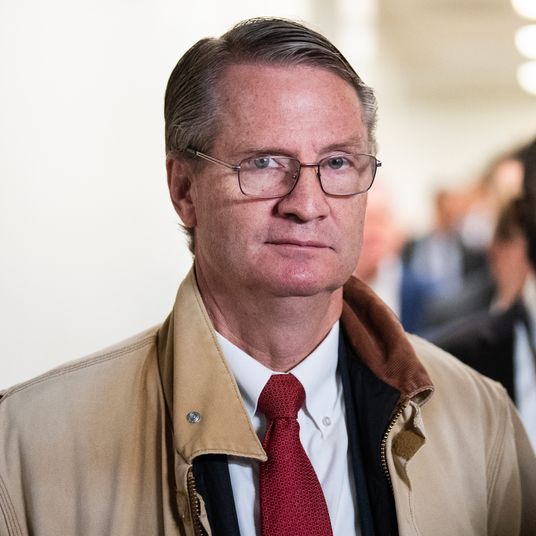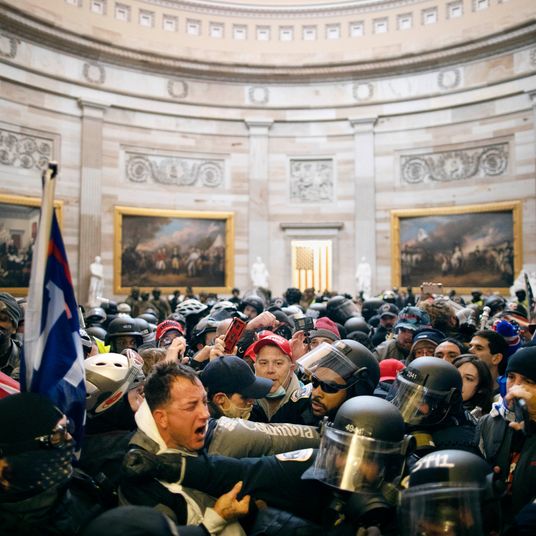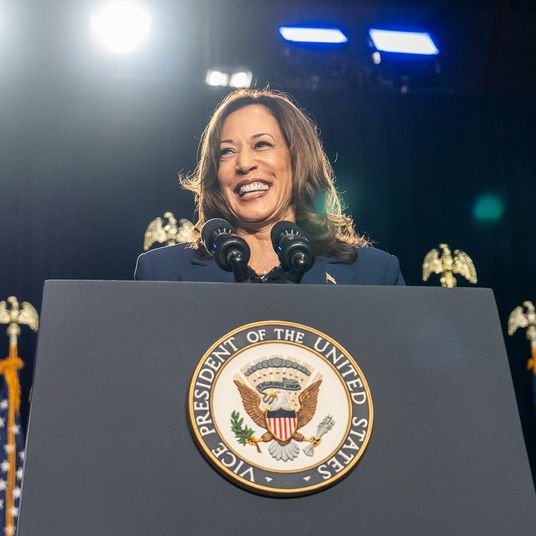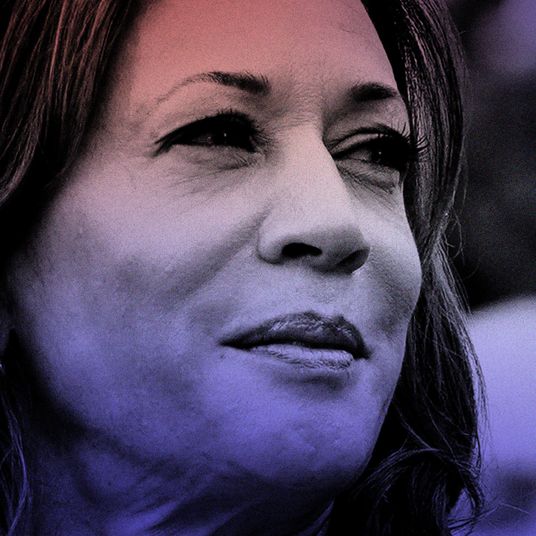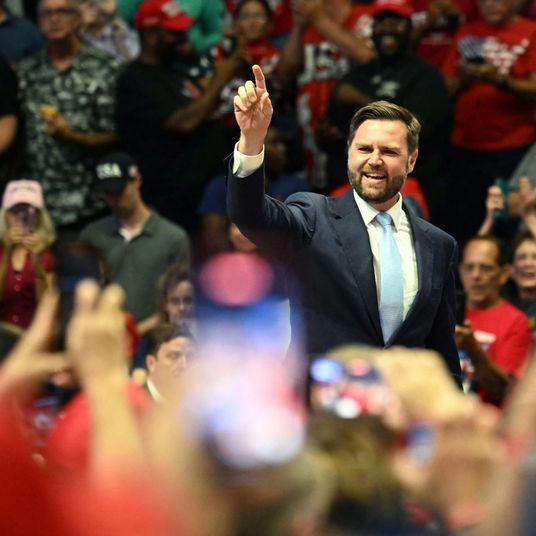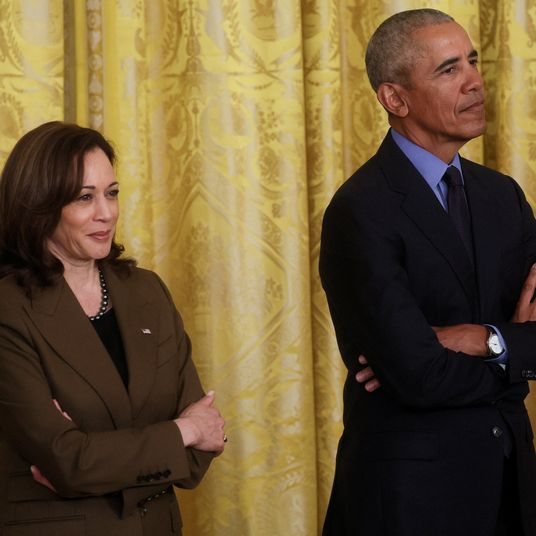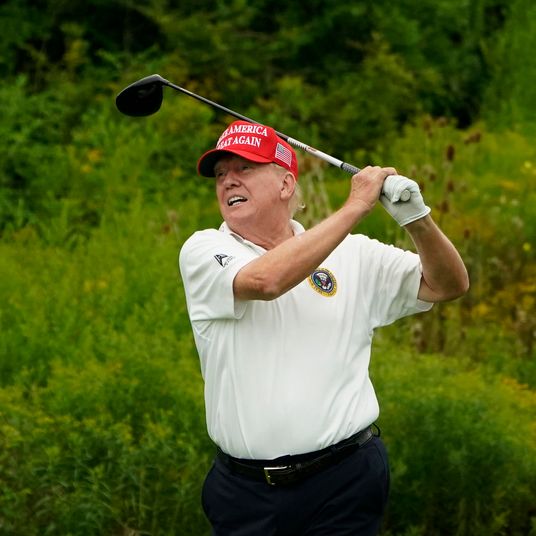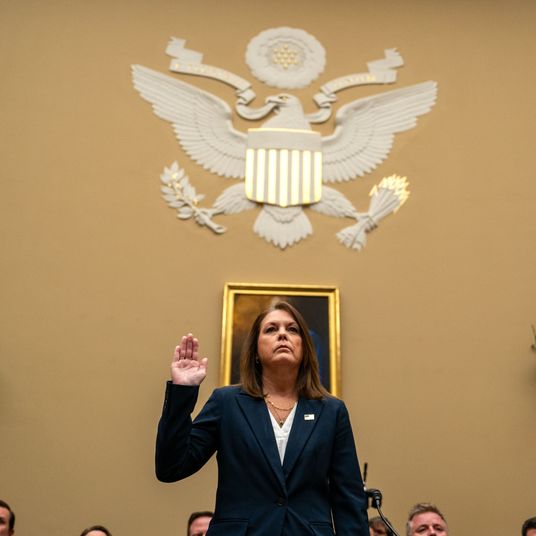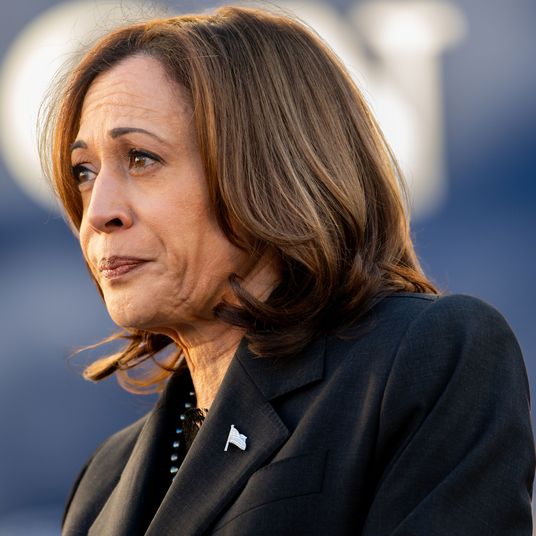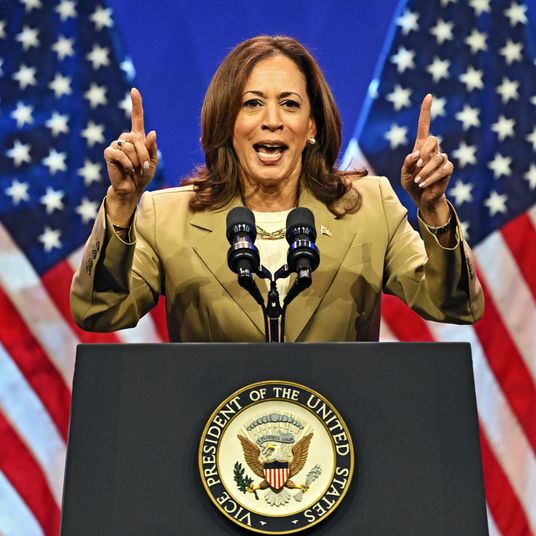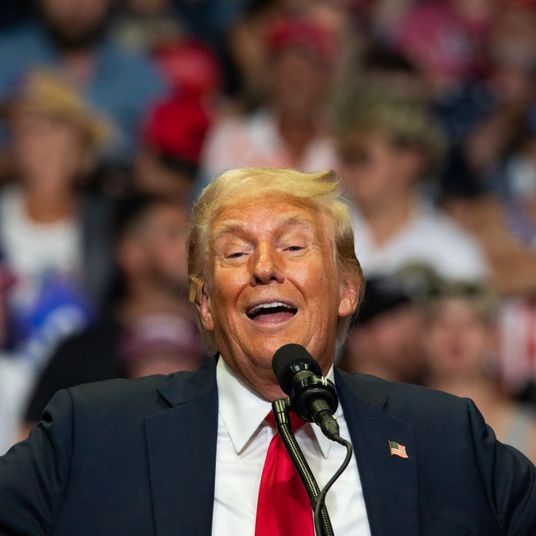
J.D. Vance still wants you to think he’s fighting for the working-class, railing against the elites in coarse terms. In private, a recent Politico profile suggests, the Ohio senator and Hillbilly Elegy author presents “as something like an intellectual, or at least like a completely unselfconscious nerd.” Vance, though, is more than a brain. He has become a figurehead for the New Right, seeking to reshape the Republican Party, and America too, in part by appealing to working-class voters. Vance presents himself as fighting on their behalf by going after what the New Right calls “the regime”: the liberals and Trump-skeptical conservatives who “populate the upper echelons of American government, business, media, entertainment and academia.”
Vance says he is fighting a class war on behalf of workers, but his record suggests otherwise. When he does intervene in matters of class, it’s often on the side of the elites. He showed up to a UAW picket line in Ohio, but opposes the PRO Act, which would shore up collective bargaining rights for millions of workers. Vance offered Politico two rationales for his opposition. One is that he prefers a shift toward sectoral bargaining, which is more common in Europe, and which the PRO Act would not prevent. Another is political. “We can’t just be good, we have to be smart, and I think it’s dumb to hand over a lot of power to a union leadership that is aggressively anti-Republican,” he said.
If the GOP were a workers’ party, Vance might have a point. But it isn’t. It is the party of Donald Trump and his 2017 tax cuts, which favored the wealthy. (Vance is “quietly critical” of the tax cuts, Politico said, but that hasn’t put a dent in his support for the former president.) It is the party of Ronald Reagan, whose war on welfare pushed households into deep poverty. Members align themselves typically with economic elites, who despise unions and prioritize their own power over equality for everyone else. Vance knows who his real allies are, and they aren’t in the UAW. They’re people like his former boss the billionaire Peter Thiel or employees of the far-right Claremont Institute. There, last December, he said that conservatives “need to be honest about the fact” that there are “good unions,” which they should support, and “bad unions,” which they should not. The Fraternal Order of Police is a good union. The Starbucks union is bad.
Perhaps Vance believes that baristas aren’t real American workers; that because they skew young and left-wing, they are part of “the regime” he so hates. To get to that position, though, Vance must not only ignore reality but disguise it. Cops, as violence workers, are worthy of conservative support, but baristas in low-wage jobs are not. He thus obscures the real class war with his own grievance politics. Vance coats a typical culture-war position with a pseudo-populist veneer. He claims pharmaceutical companies are preying upon children in the name of profit. When he moves to ban gender-affirming care for trans youth, it’s to defeat an entity that, as Politico described his mindset, “turned progressive cultural values into a tool to entrench its own economic and political power.” He can thus play the hero, again.
That’s not a new trick for Vance. Before he became a Trump bootlicker, he was a liberal darling. In his guise as a working-class whisperer, Vance served up stereotypes to a gullible audience in his best-selling 2016 memoir, Hillbilly Elegy. At the New York Times, critic Jennifer Senior called the book “a compassionate, discerning sociological analysis of the white underclass,” a group that would help elect Donald Trump weeks later. In truth, the book was marked less by academic rigor and more by Vance’s particular cultural grievances. It thus remains vital to any meaningful grasp of Vance and his rightward turn from Trump skeptic to loyalist. In it, the Yale-educated Vance “is committed to the ethic of culpability,” the historian Gabriel Winant has written. “Guilt must be established.” Vance blames his mother for her addiction to drugs and alcohol, despite her violent upbringing and a familial predisposition to substance abuse. “Genetics, or morals: Vance can only find fault with the individual, never the society,” Winant wrote. Because Hillbilly Elegy did not indict a system, or a political economy, its answers flattered elite sensibilities. The white working-class had inflicted precarity upon itself through its own poor choices and cultural dysfunctions.
Vance, then, owes his spot in the sun to the regime. To Amy Chua, the controversial Yale Law School professor who urged him to write Hillbilly Elegy. To Thiel. To Trump himself. After all this time, and all this hot air, he still tells elites exactly what they want to hear. As Winant argued, Vance’s “false class politics” puts “the suffering of working-class people” in “conspiratorial rather than structural terms.” That tendency is on display throughout the Politico profile. Vance isn’t stupid, and he knows that he can stitch anything onto a critique that is divorced from reality. He can peddle racism in anti-immigration ads and justify himself by his mother’s addiction. “This issue is personal,” he said. “I nearly lost my mother to the poison coming across our border.” He can be anything to anyone. He can insist that he is still that working-class whisperer. But the truth is far uglier. The working class has many enemies in Washington, and Vance is one of them. He is selling out America’s workers to his friends and allies on the right — and they have no interest in sharing power or wealth with the masses. The New Right seeks power for itself and itself alone. In Vance’s America, workers will stay on the bottom rung.








